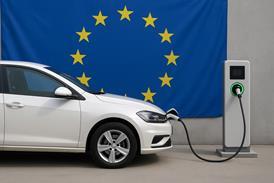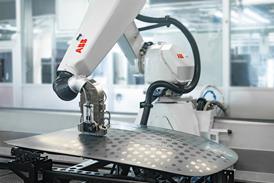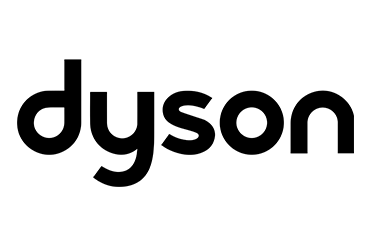Singapore - The company has announced plans to make its first electric car at a new plant in Singapore. According to a memo that was sent to staff by chief executive Jim Rowan, the location has been chosen due to its proximity to “high-growth markets” and availability of skilled workers.
The plant is expected to be completed in 2020, while the EV will hit the market in 2021. Dyson has said it will spend £1 billion ($1.4 bn) on developing the car and another billion to develop solid-state batteries. It bought the US-based solid-state battery company Sakti3 for $90m back in 2015.
Dyson already has a strong manufacturing base and supply chain in Singapore. It moved production of its vacuums from the UK to the country back in 2003, where it also operates R&D facilities and tests electric motors. However, the company still operates a technology development centre in Wiltshire.
The growth markets that Rowan referred to could include China, which is currently the largest EV market in the world. Experts at the research firm J.D. Power have suggested that EV sales in China could rise dramatically over the next few years as the government has said it wants to see total annual sales of 2 million electric and gasoline-electric hybrid vehicles by 2020. This is attracting companies from elsewhere in the world to invest in production facilities in and near to China.

































